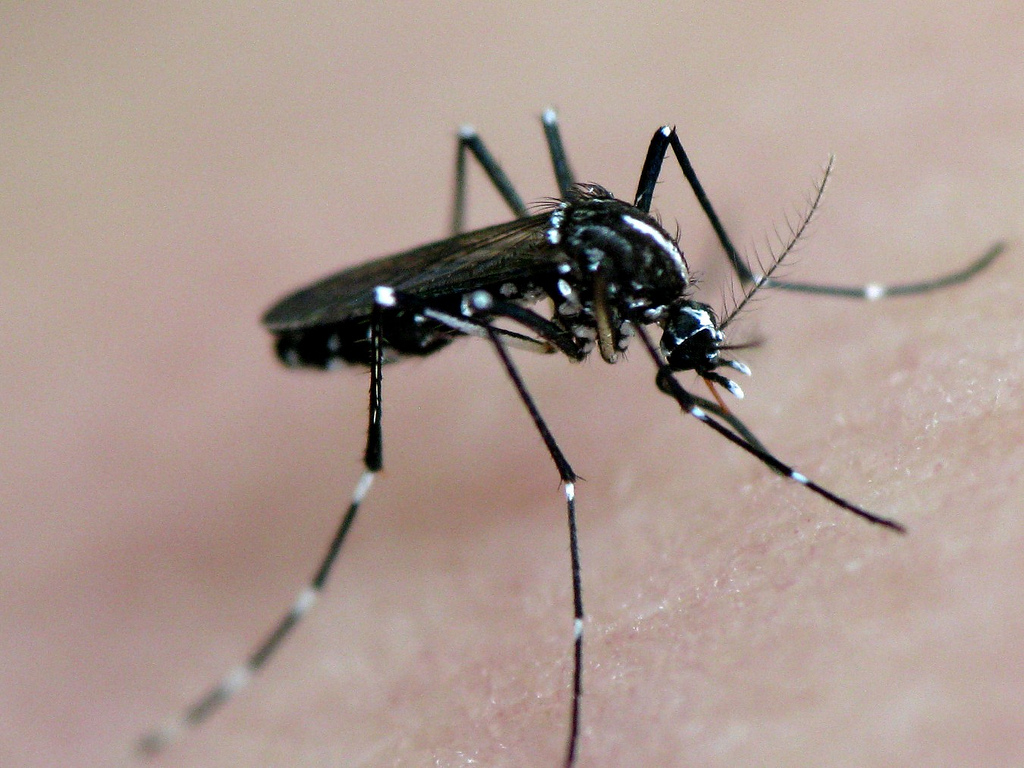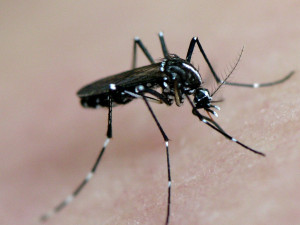Climate Change
Breeding Super Corals
The world’s coral reefs are increasingly threatened by the changing climate. Both warmer ocean temperatures and increasing ocean acidification are damaging coral populations and endangering the very existence of coral reefs.
Whine While You Can
There are lots of potential impacts associated with global climate change – shifts in the distribution of plants are among them. Most plant species are adapted to a range of climate conditions. If the climate changes, their habitat can shift as well. This is true for crop and forestry plants, as well as native species.
Less Beef
In the Northeast, grilling season is almost over. While many will miss backyard barbecues, it’s high time that we rethink the American summer ideal of a thick, juicy steak.
Global Extinction Rates And Biodiversity
Many ecologists believe that the sixth mass extinction is underway. Whereas previous mass extinctions have been associated with cataclysmic events like asteroid strikes, this one is said to be associated with the impact of humanity on nature.
The Expanding Threat Of Algal Blooms
It may seem like we are constantly talking about toxic algal blooms – in the ocean, in lakes, and in rivers. That’s because they are occurring with greater frequency and are posing a greater threat than they have in the past.
Female Thermal Demand
If you work in an office, you know the following scenes are not unusual: a coworker wearing a woolly sweater at her desk on a 90-degree day; a woman vigorously rubbing her hands together for warmth in the conference room; or two colleagues engaged in a passive aggressive battle over the thermostat.
Mosquito Migration
Globally, there are more than 3,000 mosquito species, with around 150 native to the U.S. To many listeners – a mosquito is a mosquito. But depending on the species that bites you, mosquitoes can be a nuisance or a public health threat.
The Environmental Movement Works
When each day seems to bring more bad news about the health of our planet, it can be easy to wonder if the environmental movement is working. But a new study in the Proceedings of the National Academy of Sciences has found that, at the state level, environmentalism is linked with lower carbon emissions.
Meat Consumption & Biodiversity
Several studies warn that the current loss and decline of species is contributing to what appears to be the beginning of earth’s sixth mass extinction. More than 400 species have gone extinct in the last 100 years. And scientists suggest up to 37 percent of the world’s species could go extinct within the next 35 years.
Bumblebees And The Climate Squeeze
Bumblebees face their share of hazards – habitat loss, disease, and harmful pesticides among them. New research shows that climate change is also a significant threat to bumblebee populations in Europe and North America. In fact, University of Ottawa scientists suggest that, for these bumblebees, climate change may be the biggest threat of all.
Climate Change And Lobster
It’s no secret that ocean waters are warming, especially in New England. The waters in the Gulf of Maine are warming 99% faster than the rest of the world’s oceans. What’s the problem? Well, lobsters like cold water, and as a result, they’re heading north.
A Giant Red Tide
Red tide is the common name for algal blooms in the ocean. These are typically cyclical events that occur along our coasts and generally last a few weeks.
The Heat From Global Warming
The average surface temperature around the world has gone up over a degree over the past 40 years but some people argue that if the greenhouse effect was really at fault, the temperature rise would be much larger.
Missing Monarchs
We have talked about monarch butterflies before. The orange and black butterflies are often used in school lessons about insect ecology. Monarch caterpillars forage exclusively on milkweed; in the process they acquire foul-tasting chemicals that ward off predators. In late summer, monarchs living in the Eastern U.S. migrate to overwintering grounds in Mexico.
What Would Our Planet’s Sixth Mass Extinction Mean For Us?
A new study by researchers from three U.S. universities echoes an earlier report out of Duke University indicating that earth is in what appears to be the beginning of its sixth mass extinction – the first in some 65 million years. Large animals face the highest rate of decline, and their losses could affect other species, including us.
[Read more…] about What Would Our Planet’s Sixth Mass Extinction Mean For Us?
The First Mass Extinction Since Dinosaurs
Earth’s current biodiversity is the highest in the history of life – ever. It’s the product of three and a half billion years of evolution. But a new study warns that a tipping point is on the horizon.
[Read more…] about The First Mass Extinction Since Dinosaurs
Too Warm For Seal Hunting
In the far north of Alaska, generations of hunters have traversed the broken sea ice of Kotzebue Sound every late June and early July hunting for bearded seals. A single seal can supply hundreds of pounds of meat, enough to feed a large family for an entire winter. Its meat and oil products are an important food source.
Rising Ocean Acidity
Once, the constancy of seawater was taken for granted. Now, as we see evidence of increasing concentrations of mercury in seawater, it is becoming obvious that global pollution is taxing the dilution capacity of the seas. There is also good evidence that the ocean is acidifying.
An Oregon Mountain high

























